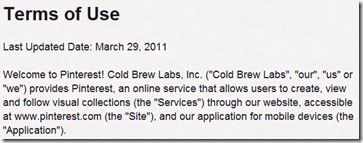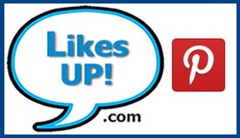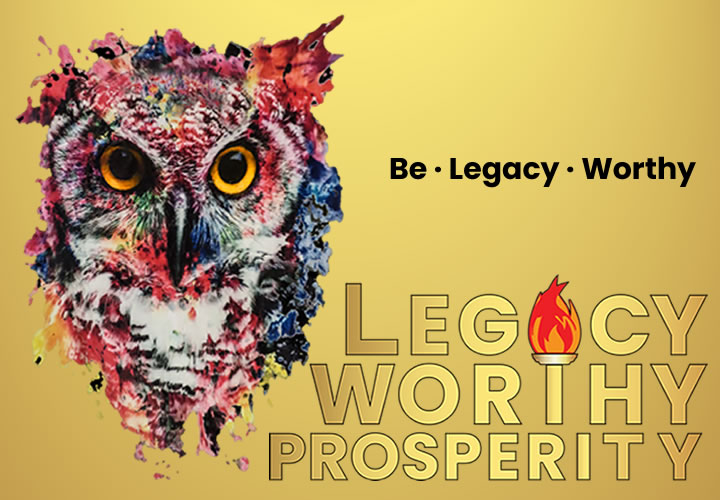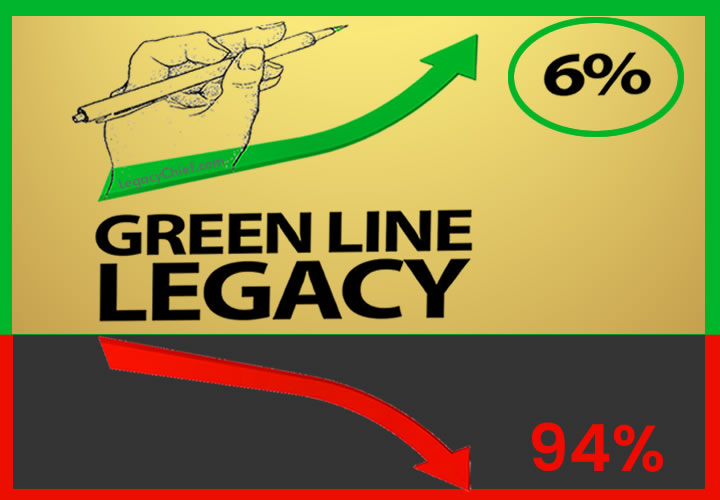Pinterest Pricks The Legal Question of Copyright
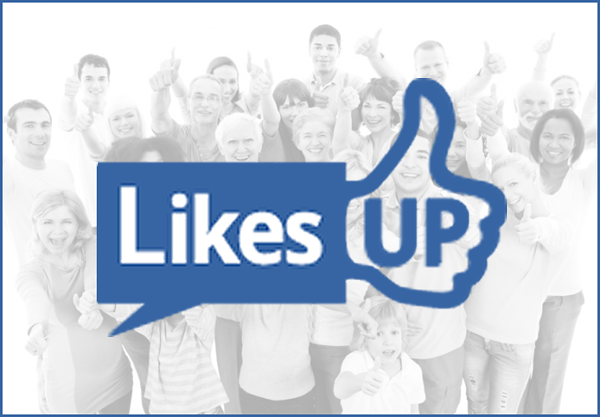
Pinterest Terms of Use for members:
“You acknowledge and agree that you are solely responsible for all Member Content that you make available through the Site, Application and Services. Accordingly, you represent and warrant that: (i) you either are the sole and exclusive owner of all Member Content that you make available through the Site, Application and Services or you have all rights, licenses, consents and releases that are necessary to grant to Cold Brew Labs the rights in such Member Content, as contemplated under these Terms; and (ii) neither the Member Content nor your posting, uploading, publication, submission or transmittal of the Member Content or Cold Brew Labs’ use of the Member Content (or any portion thereof) on, through or by means of the Site, Application and the Services will infringe, misappropriate or violate a third party’s patent, copyright, trademark, trade secret, moral rights or other proprietary or intellectual property rights, or rights of publicity or privacy, or result in the violation of any applicable law or regulation.” (From Pinterest’s Terms of Use).
This article is written from a non-legal point of view of Pinterest’s terms and conditions and relevant law. It is not meant to serve as legal advice to you. You are encouraged to seek advice from competent legal counsel.
“Member Content” on the ever-popular Pinterest is defined as anything you post, upload, publish, transmit, etc. on the Pinterest site. This includes pinning from the websites and also re-pinning right from Pinterest itself from someone else’s pinboard to one of your own.
The questions is: “Do you have a “right” to put the images on Pinterest?”
United States federal copyright laws give the author of any copyrighted work the sole and exclusive right to publish and/or reproduce such work. You must have consent from a photographer to use the photo. The copyright statute may include certain use of copyrighted work as “fair use”, in which there are limited rights to use the copyrighted work. Specifically, 17 U.S.C. §107 states that “the fair use of a copyrighted work … for purposes such as criticism, comment, news reporting, teaching, scholarship or research, is not an infringement of copyright.” The “such as” language indicates that this list of uses is not exhaustive and the statute lists the factors to be considered in determining whether a use of copyrighted work is “fair use.” The “fair use” factors are:
- the purpose and character of the use, including whether such use is of a commercial nature or is for nonprofit educational purposes;
- the nature of the copyrighted work;
- the amount and substantiality of the portion used in relation to the copyrighted work as a whole; and
- the effect of the use upon the potential market for or value of the copyrighted work.
17 U.S.C. §107.
Pinterest is owned/run by Cold Brew Labs. You can Contact Cold Brew Labs with any questions at hi@pinterest.com
In several places in Pinterest’s Terms of Use, you, as the user, agree that you will not violate copyright law or any other laws.
“YOU ACKNOWLEDGE AND AGREE THAT, TO THE MAXIMUM EXTENT PERMITTED BY LAW, THE ENTIRE RISK ARISING OUT OF YOUR ACCESS TO AND USE OF THE SITE, APPLICATION, SERVICES AND SITE CONTENT REMAINS WITH YOU.”
“you agree to defend, indemnify, and hold Cold Brew Labs, its officers, directors, employees and agents, harmless from and against any claims, liabilities, damages, losses, and expenses, including, without limitation, reasonable legal and accounting fees, arising out of or in any way connected with (i) your access to or use of the Site, Application, Services or Site Content, (ii) your Member Content, or (iii) your violation of these Terms.”
To “defend and indemnify” means that if a copyright owner decides to sue you and Pinterest over your use of that photog’s images, you will have to pay for a lawyer for yourself and YOU will have to hire a lawyer for Pinterest and fund the costs of defending both you and Pinterest in court.
Fair Warning noted in yesterday’s Inc.com article about Pinterest:
Pinterest skirts copyright laws—but that doesn’t mean images (or you) are protected. ReadWriteWeb has done a good job covering the topic, explaining how Pinterest takes advantage of a provision in the Internet Service Providers Act to protect itself but how you’re theoretically still liable if you upload an image that you don’t own. If you do own, and post, images and would take issue with someone sharing them on Pinterest, you can essentially opt out your website from Pinterest by inserting blocking code.
Some thoughts taken from ‘Why I Tearfully Deleted My Pinterest Inspiration Boards’ originally  posted on February 24, 2012
posted on February 24, 2012  by kirsten kowalski @DDK Note: A request was made to kirsten to repost her article but we never heard back from her. She asked Pinterest to call her… and it looks like they never did either
by kirsten kowalski @DDK Note: A request was made to kirsten to repost her article but we never heard back from her. She asked Pinterest to call her… and it looks like they never did either ![]()

